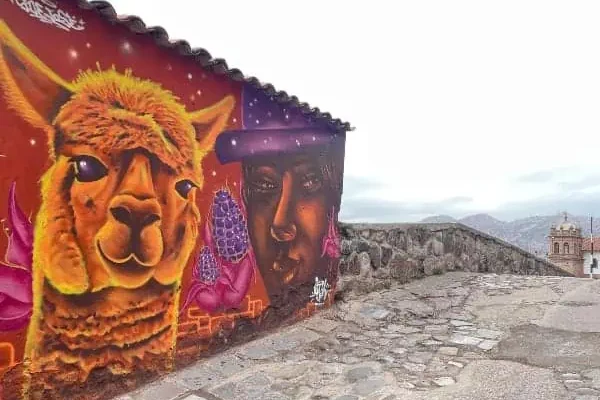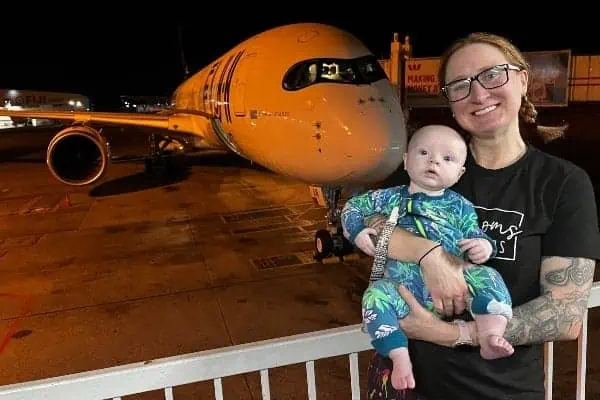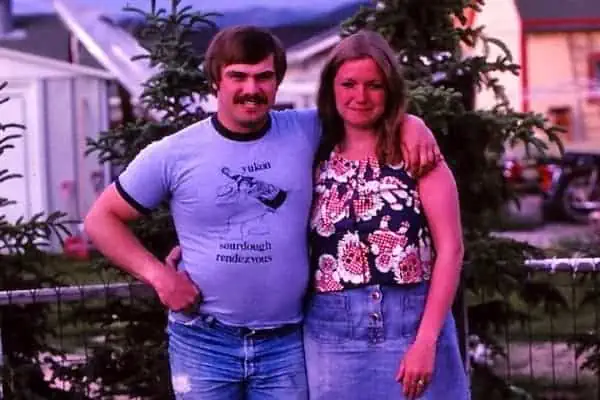‘Road-schooling’ is the concept of using travel, either by itself or in concert with a curriculum, to educate a child. It brings learning to life and is grounded in the belief that learning is all around us, waiting to be explored and embraced.
We began our road-schooling journey 18 months ago when we decided to take eight months to travel and avoid winter. We had been on a fairly traditional educational path — our son attended daycare at Yukon College, entered the French immersion program at Whitehorse Elementary School in Kindergarten, and transitioned to Yukon Montessori School for Grade 4.
Knowing that I wanted a different home-school experience, not full of textbooks and workbooks (I envisioned the hell of living in small quarters and having a running battle about doing school work), I sought assistance from Dominic Bradford of Yukon Montessori School to help me design a learning plan that both leveraged our planned travels and met the B.C. curriculum requirements.
Bradford’s assistance set us on the path as road-schoolers, and boosted my confidence in our plan.
The first few months were stressful; I was constantly questioning myself and wondering if we were spending enough time on what I had traditionally thought of as school. By month three I wrapped my head around the concept of measuring how we were doing at “learning” versus the amount of time spent at the kitchen table doing math or spelling.
Our first trip was eight months on the road around North America, from September 2013 to May 2014. We successfully avoided winter, and we spent as much time as possible adventuring. We covered over 36,000 km and played in oceans, forests, deserts, and everything in between.
Using a combination of books, videos, and National Park Junior Ranger programs we dove deeply into American history (Lewis & Clark, War of Independence, Civil War, the Underground Railroad, and the Civil Rights Movement), and culture (regional diversity, live music, and imagery, to name a few example). And gained a real-time sense of geography, and how it influences people and places.
The knowledge stuck, since our method of learning brought information to life. The things we learned were real, and relevant; we had a rich learning experience.
It has changed us as parents — we intentionally take advantage of the learning opportunities that are presented to all of us in our daily lives. If our son asks a question and we don’t know the answer, we pause and Google it, and then leverage the curious moment to dig a little deeper into the topic.
When out for a walk, we make sure we talk about the flora and fauna as well as other things we notice, such as a stream that is overflowing or a new type of plant. We have learned our biggest roles are to be learn-facilitators, and curiosity-enablers. This is something that can be integrated into every family, even if it isn’t off adventuring.




